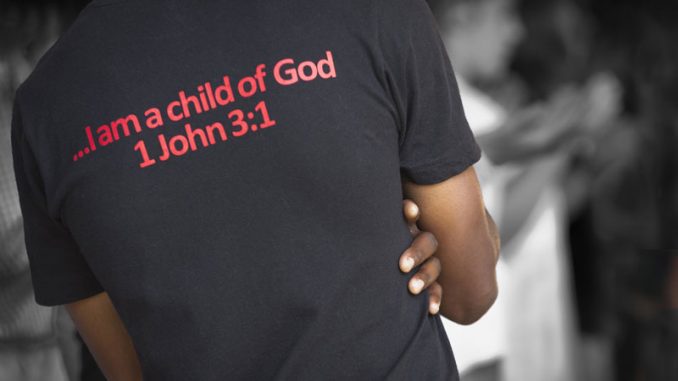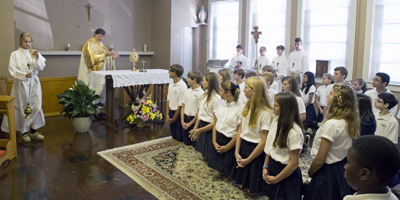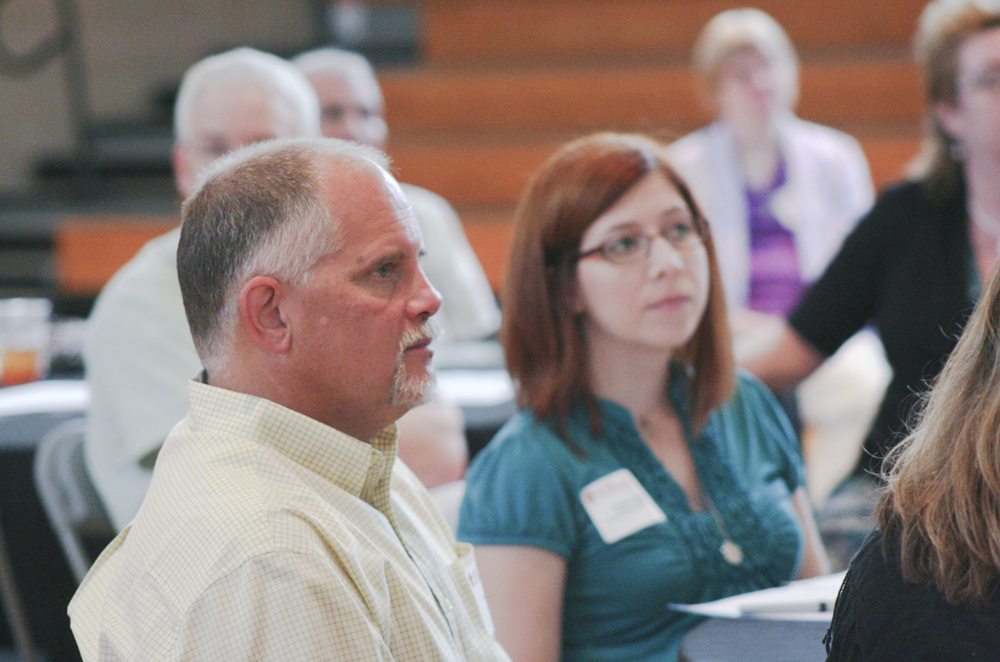
Racism is a problem that has been at the center of the national consciousness in recent months, with a lot of discussion on how to eliminate it from society.
Most people agree that the answer starts with young people. If students learn early how to overcome racist attitudes in their own lives, they will be more confident in addressing similar attitudes from their peers.
This topic was discussed during a virtual presentation of “A Dialogue on Race for Middle and High School Students: Building Cultural Competency.” More than 20 youth leaders and young people joined in to talk about how racism impacts the daily lives of their fellow students and how to deal with it in schools and daily during the forum held Oct. 17. The dialog, sponsored by the diocesan Office of Ethnic Ministries, was the latest in a series of online discussions that have been hosted in recent weeks by Kathleen Merritt, director of Ethnic Ministries.
She has discussed the topics of race, diversity, and empathy with teachers, school staff members and others and felt that it was important to give students a chance to learn about the issue and share their perspectives.
The event featured a panel of speakers including Father Michael Okere, vicar for Black Catholics and pastor of St. Martin de Porres Church in Columbia; and Deacon Dexter Gourdin of St. Anthony of Padua Church. Merritt also talked about the role that empathy plays in helping young people develop positive relationships with students from other races and cultures.
She reminded them that empathy is different than sympathy. Sympathy, she said, is feeling sorry for someone. Empathy, on the other hand, comes from making a real effort to understand what someone is going through and why they feel a certain way.
The students also learned about racially insensitive things that have happened at schools around the country, including the use of racist language and the issue of white students posing in photos dressed in blackface. The students viewed a video that explained the history of blackface in movies, minstrel shows and other elements of popular culture from the early 20th century. It also showed the stereotypical ways that African-Americans have been portrayed in film, cartoons and other art forms.
A few of the students shared incidents when they had either heard racist remarks from others or been the target of racially insensitive remarks themselves. Merritt said one of the most important things students can do is to speak up when they see or hear other people engage in racially insensitive behavior.
“Being sensitive to diversity and culture is a key to peace in our lives and in our schools,” she said.



